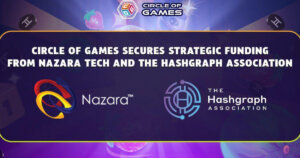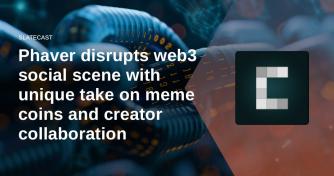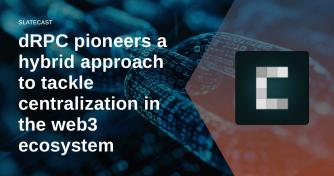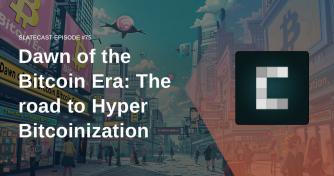 Combining proof of work and proof of stake for a decentralized financial system with Decred – SlateCast 49
Combining proof of work and proof of stake for a decentralized financial system with Decred – SlateCast 49 Combining proof of work and proof of stake for a decentralized financial system with Decred – SlateCast 49
SlateCast #49 - Deep dive into Decred's approach to censorship and privacy with project lead Jake Yocom-Piatt
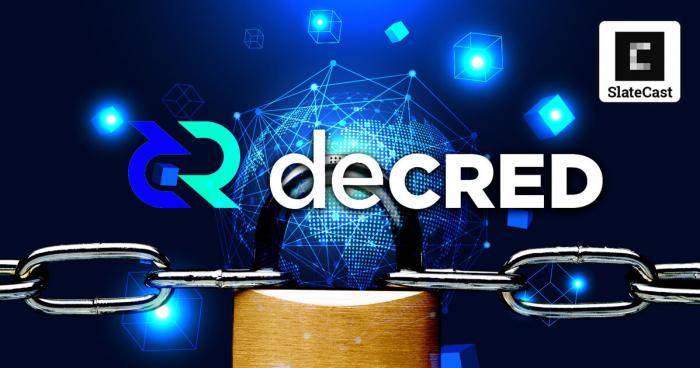
Cover art/illustration via CryptoSlate. Image includes combined content which may include AI-generated content.
The use of decentralized technologies in finance has become increasingly popular in recent years, as many people are looking for alternatives to traditional centralized systems. One project that is working to create a decentralized financial system is Decred, which is a peer-to-peer cryptocurrency that uses a combination of proof of work and proof of stake to secure its network.
In episode 49 of SlateCast, Jake Yocom-Piatt, the project lead for Decred, discussed how the project is working to create a decentralized financial system that is resistant to censorship and regulation. One of the key features of Decred is its use of a decentralized message board, which allows users to subscribe to certain denominations of the currency and run a coin shuffle++ process. This ensures that even if a government agency is tracking network connections, it will not be able to track which outputs are controlled by which peers are in the mix.
Another interesting aspect of Decred is its approach to censorship. Yocom-Piatt stated that the project is working towards a peer-to-peer mesh, which would replace the centralized server with a P2P mesh. This would make it much more difficult for anyone to enforce regulations, as there would be no single point of control. He also mentioned that the community that validates the process could agree to stop certain actions, such as transactions with known terrorist organizations, through a democratic process.
Yocom-Piatt also discussed the role of mining in Decred, stating that it plays an important role in validating the headers of blocks and ensuring the security of the network. However, the project has also faced issues with miners accumulating large amounts of the currency and dumping it on the market, leading to a change in the subsidy split from 60% mining and 30% staking to 10% mining and 80% staking.
The Decred project also has a network treasury, which is funded by 10% of every block and is controlled by stakeholders. The treasury is used to fund contractors and proposals, with invoices being reviewed and paid once a month. This adds a layer of transparency to the funding of the project and ensures that even if key members of the project are no longer able to participate, the network treasury can still be spent and controlled by the stakeholders.
Overall, the Decred project is working to create a decentralized financial system that is resistant to censorship and regulation while also ensuring the security and transparency of its network. With the increasing importance of privacy and decentralization in the world of finance, projects like Decred will likely continue to gain attention and support from those looking for alternatives to traditional centralized systems.

